
State leaders across the country are struggling to find a balance between getting people back to work and keeping them healthy. In Michigan, more than 4,600 people have died from COVID-19. That’s a death toll surpassed only by New York, New Jersey and Massachusetts. Now, the governor is beginning to reopen some of the state’s major industries, such as construction and manufacturing. Matter of Fact Correspondent Jessica Gomez reports from Detroit, where the Motor City is working to reassemble the pieces.
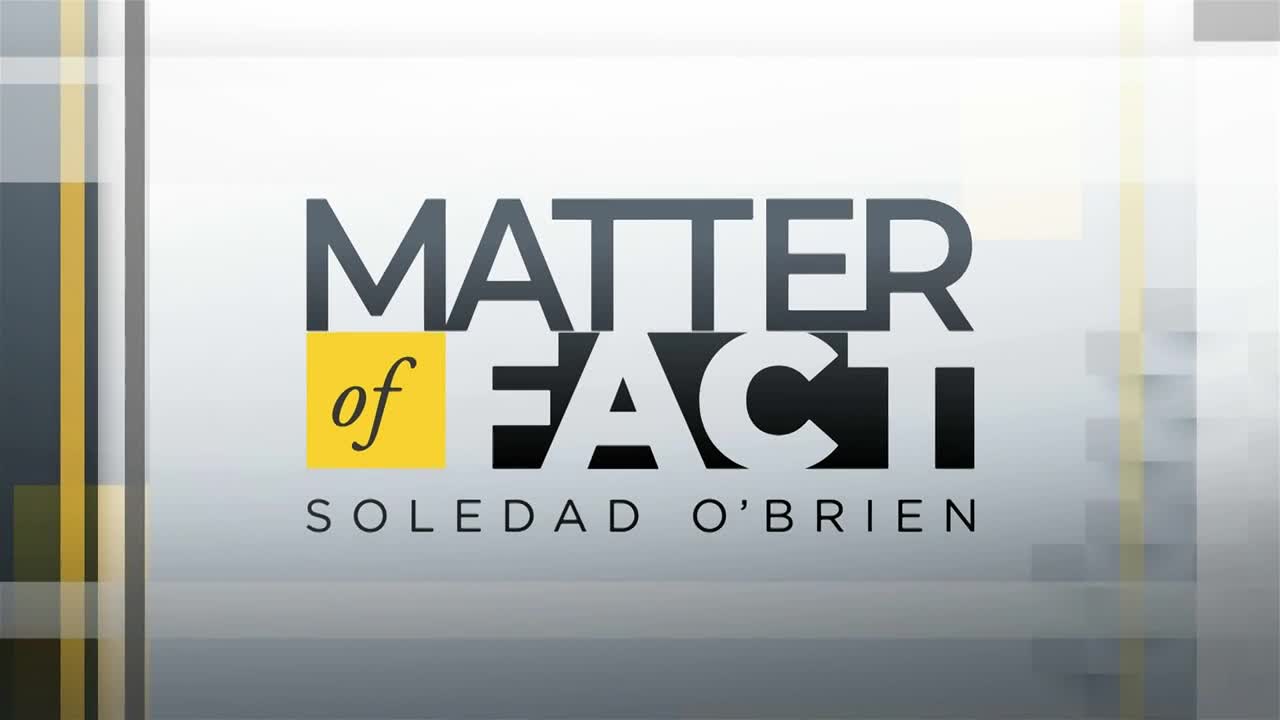
What can the 1918 flu pandemic teach us about our current pandemic? Special Contributor Joie Chen introduces us to a historian who fears we’ll see a second wave of COVID-19. Plus, Soledad O’Brien speaks with Albuquerque Mayor Tim Keller about what kind of help cities need from Washington, D.C. during the crisis. Then, an app just for food stamp recipients designed to make the most of their benefits.
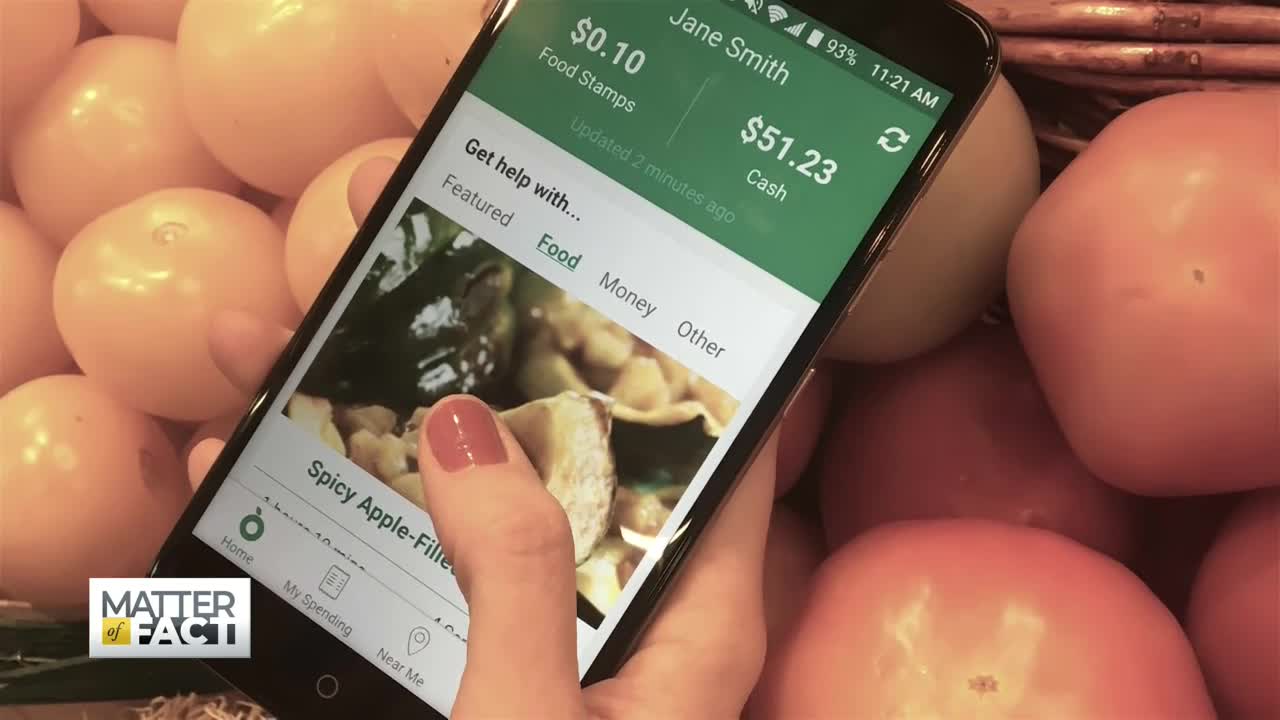
Our modern lives are largely powered by apps. We use them to monitor our health, check our finances, connect with the world and so much more. But historically, technology has largely ignored lower-income consumers. Now, a new app is looking to help nearly 40 million people navigate the benefits they receive from the Supplemental Nutrition Assistance Program – also known as SNAP or food stamps. Soledad O’Brien speaks with Jimmy Chen, CEO and creator of Propel, the maker of Fresh EBT.

Governors and mayors are dealing with a double-whammy during the coronavirus pandemic. As they spend millions of dollars fighting COVID-19, they’re also seeing a devastating decline in revenue. That’s leading to furloughs and layoffs across essential services and critical institutions – such as sanitation efforts, education, civic centers and community health. Soledad O’Brien speaks with Albuquerque Mayor Tim Keller about what a $27 million deficit means for New Mexico’s largest city.
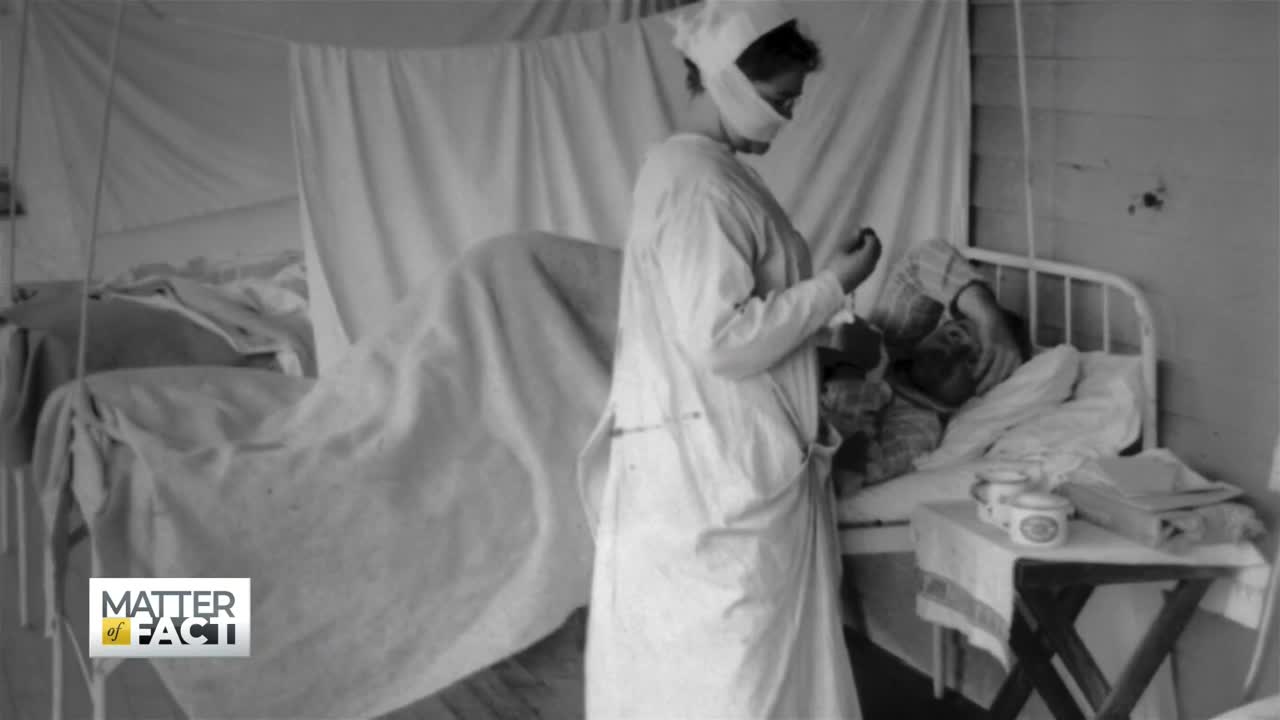
More than half the states have now begun to lift lockdown restrictions even as coronavirus cases and the death toll continues to rise. Now medical experts are bracing for a potential second wave of the virus. This is not the first time the world has encountered a devastating virus and failed to heed the warnings of scientists. More than 100 years ago, the 1918 Flu pandemic infected an estimated 500 million people worldwide. An estimated 20 to 50 million were killed. Now, as Special Contributor Joie Chen reports, some historians fear we may be heading down a similar path.

This week on Matter of Fact, how long can farmers get food to your table? Correspondent Jessica Gomez shows us how the coronavirus pandemic is straining our food supply chain. Plus, millions of jobless Americans are waiting on unemployment checks. Soledad O’Brien talks to Heidi Shierholz, a senior economist with the Economic Policy Institute, about how to fix the backlog. Then, Soledad speaks with New York Times best-selling author Michael Arcenaux about his new book, “I Don’t Won’t To Die Poor,” focusing on the struggle of student loan borrowers.

Even before the coronavirus pandemic, student loan debt was crushing millions of Americans. With the average borrower owing $32,000 dollars, as a whole, our nation holds $1.52 trillion dollars in student debt. Soledad O’Brien speaks with New York Times bestselling author Michael Arceneux about his new book, “I Don’t Want to Die Poor.”
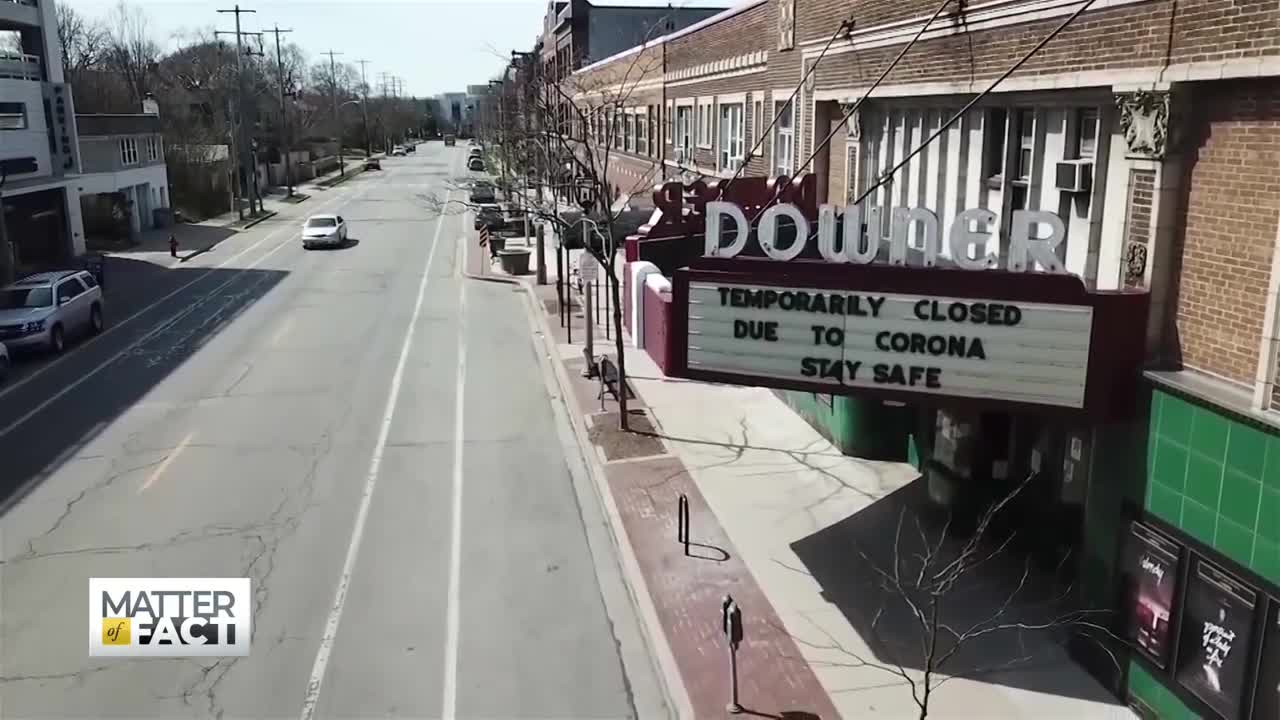
As of this week, one out of every six Americans is out of work. In the last six weeks, more than 30 million people have filed unemployment claims as businesses have laid off or furloughed workers due to the coronavirus pandemic. Many still have bills to pay and are struggling to put food on the table. Yet, just 29 percent of applicants received unemployment benefits in March. Soledad O’Brien speaks with Hiedi Shierholz, a senior economist with the Economic Policy Institute, about what’s behind the backlog.
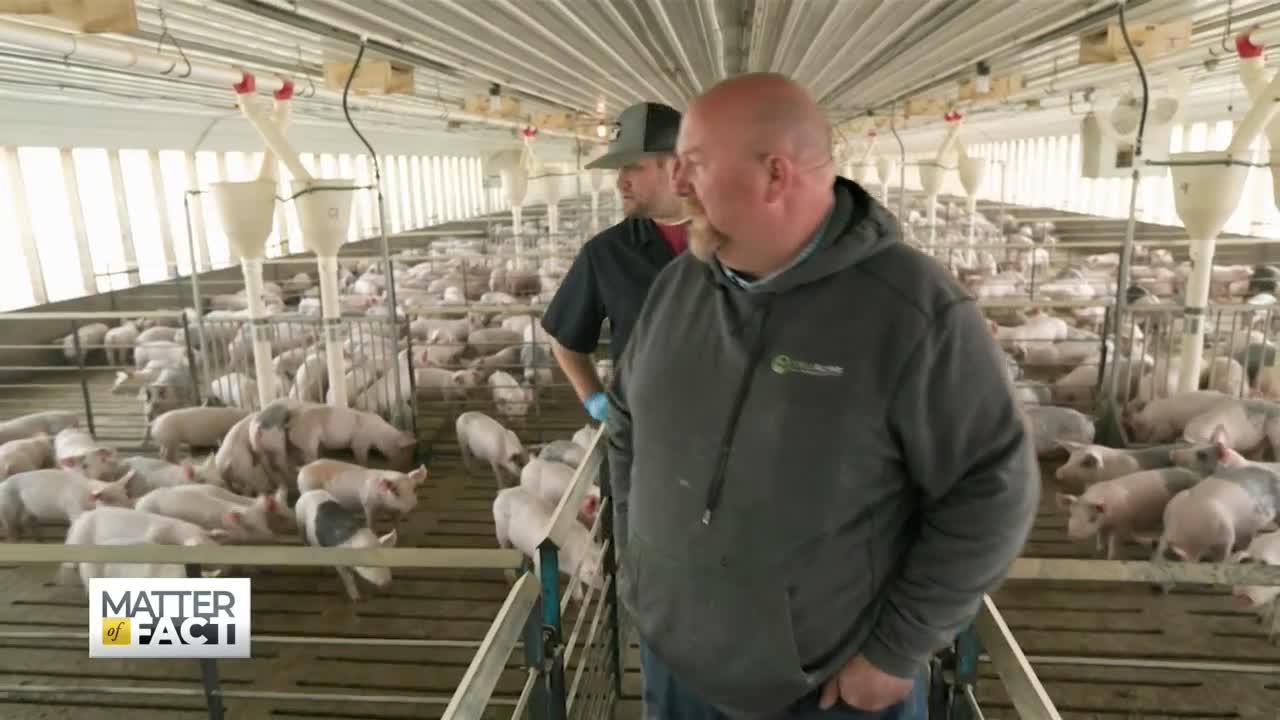
As the coronavirus pandemic continues, our nation’s food supply is feeling the strain. Processing plants are shutting down or cutting back and some farmers are being forced to destroy excess product. Meanwhile, Americans across the country are now turning to overwhelmed food banks as their income is cut short. Now, the Department of Agriculture is working on Coronavirus Food Assistance Program to help. Matter of Fact Correspondent Jessica Gomez introduces us to some farmers who say they don’t know how long they’ll be able to get food to your table.

This weekend on Matter of Fact, how soon is too soon to reopen the country amid the coronavirus pandemic? Soledad O’Brien speaks with Dr. Tom Frieden, a former CDC director and CEO/President of Resolve to Save Lives. Then, a distance learning dilemma. Correspondent Jessica Gomez talks to parents struggling to ensure their children with learning disabilities don’t regress as schools remain closed. Plus, Soledad O’Brien speaks with Dean Seneca, of the Seneca tribe, about the rapid spread of the coronavirus through tribal lands.